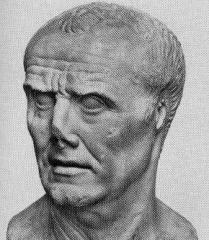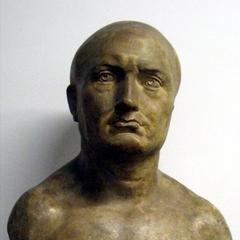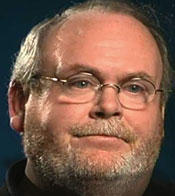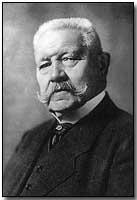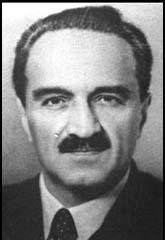George Mason Quotes - Page 3
Letter to his cousin, James Mercer, February 5, 1780.
Letter to his son, John Mason, June 12, 1788.
"The Federal and State Constitutions Colonial Charters, and Other Organic Laws of the States, Territories, and Colonies Now or Heretofore Forming the United States of America" compiled and edited by Newton Thorpe, Washington, DC : Government Printing Office, 1909.
"The Federal and State Constitutions Colonial Charters, and Other Organic Laws of the States, Territories, and Colonies Now or Heretofore Forming the United States of America" compiled and edited by Newton Thorpe, Washington, DC : Government Printing Office, 1909.
"Extracts from the Virginia Charters" by George Mason, July 1773.
Letter to his son, George Mason, January 8, 1783.
"The Federal and State Constitutions Colonial Charters, and Other Organic Laws of the States, Territories, and Colonies Now or Heretofore Forming the United States of America" compiled and edited by Newton Thorpe, Washington, DC : Government Printing Office, 1909.
Extracts from the Virginia Charters written by George Mason, July 1773.
"The Journal of the Debates in the Convention which Framed the Constitution of the United States, May-September, 1787", Volume 2, as recorded by James Madison, 1908.
"The Federal and State Constitutions Colonial Charters, and Other Organic Laws of the States, Territories, and Colonies Now or Heretofore Forming the United States of America" compiled and edited by Newton Thorpe, Washington, DC : Government Printing Office, 1909.
We owe to our Mother-Country the Duty of Subjects but will not pay her the Submission of Slaves.
Letter to a member of the Brent family, December 6, 1770.
Letter to Edmund Randolph, October 19, 1782.
I wish I knew where to get a good one myself; for I find cold Sheets extreamly disagreeable.
George Mason's letter to his cousin James Mercer, February 5, 1780.
"The Federal and State Constitutions Colonial Charters, and Other Organic Laws of the States, Territories, and Colonies Now or Heretofore Forming the United States of America" compiled and edited by Newton Thorpe, Washington, DC : Government Printing Office, 1909.
Letter to his son, George Mason, January 8, 1783.
Letter to his son, George Mason, January 8, 1783.
Letter to a member of the Brent family, October 2, 1778.

![That slow poison [slavery] is daily contaminating the minds and morals of our people. Every gentlemen here is born a petty tyrant, practiced in acts of despotism and cruelty.](http://cdn.myquotes.org/images/george-mason/that-slow-poison-slavery-is-daily-contaminating-the-minds-and-morals-of-our-people-every-gentlemen-here-is-born-a.jpg)
